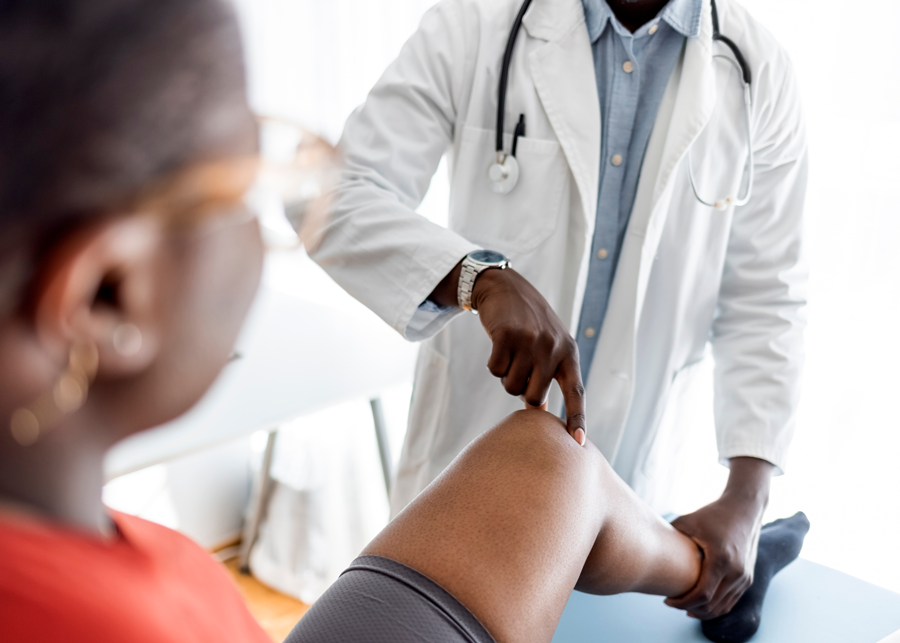Living with joint pain can feel like an uphill battle where every movement from getting out of bed to playing with your kids or even just sitting at your desk can be a painful reminder that something isn’t quite right.
The good news is that you don’t always have to turn to surgery to find relief. There are plenty of non-surgical treatment options that can help alleviate joint pain and improve your quality of life. This brief article brought to you by Joint Pain Solution Center will explore some of these alternatives, what you can expect from each, and how they might fit into your life.
Physical therapy is all about movement and building muscle strength. A licensed physical therapist will assess your condition and create a personalized plan that includes specific exercises designed to improve flexibility, strength, and range of motion in your joints. Weak muscles surrounding the joints are a major contributing factor in both the developement and progression of arthritis.
When muscles are strong, they act as natural shock absorbers—helping to support the joints and distribute the forces generated during movement. In contrast, weak muscles are unable to adequately protect the joints, resulting in increased mechanical stress. Over time, this excess load can accelerate joint wear and lead to significant damage/ arthritis.
Regular sessions can help reduce pain and stiffness while increasing function in the affected joints. You might be surprised at how much stronger and more mobile you feel after just a few weeks! Plus, many therapists provide education on proper body mechanics and ergonomics to help prevent future injuries.

Over-the-counter (OTC) medications like nonsteroidal anti-inflammatory drugs (NSAIDs) such as ibuprofen or naproxen can provide temporary relief from joint pain and inflammation. If OTC options aren’t enough, your doctor might prescribe stronger pain relievers or anti-inflammatory medications.
These medications can quickly reduce pain and swelling, thereby allowing you to engage in activities you enjoy without constant discomfort. Always consult your doctor before starting any medication, especially if you have other health conditions or take multiple prescriptions.
Joint injectons with corticosteroids and orthobiologics such as platelet Rich Plasma (PRP) involve a shot directly into the joint for targeted relief. The procedure is typically quick, and many patients experience a reduction in pain and inflammation within a few days.
Injections can offer significant relief, sometimes lasting for weeks or even months. Our specality here at the Joint Pain Solution Center is joint injections aimed at reversing the pro-inflammatory state of your joint thus allowing the body to heal itself.
Sometimes, small changes can make a big difference in managing joint pain. This can include losing weight to reduce stress on weight-bearing joints, improving your diet, or incorporating low-impact exercises like swimming or biking.
These lifestyle changes can not only help alleviate joint pain but also improve overall health and well-being. Maintaining a healthy weight, for instance, can significantly reduce the load on your knees, hips, and back.
Consider using assistive devices such as braces, splints, or walking aids if joint pain is impacting your daily activities. These devices can provide support, reduce strain on joints, and help you maintain mobility.
Living with joint pain doesn’t have to mean living with limitations. There are many non-surgical options available to help manage pain and improve mobility. The key is to find what works best for you and to stay proactive about your joint health.
You don’t have to walk this road alone. Call Joint Pain Solution Center to schedule a consultation and explore your options together.
Today, IV infusion and drip lounges are popping up on virtually every corner. While this trend gives people greater…
Read MoreThe Inevitability Assumption of Arthritis Progression: An Outdated Approach to Arthritis Management
Arthritis Is a Cartilage Problem—Not a Bone Problem